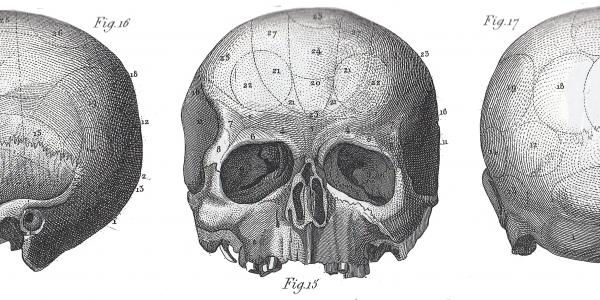Emotions as Multisensory Perceptions; or, What James Got Right
History & Philosophy of Science and Medicine seminar
Virtual link TBA
Beginning in 1884, William James argued emotions are bodily feelings. However, acceptance of his theory was short-lived due to trenchant criticisms by Walter Cannon (1927) and Stanley Schachter and Jerome Singer (1962). In this talk, I first survey this history. Second, I consider the most worrisome objection for James’ theory—bodily feelings are not intentional, but emotions are. That is, emotions seem to be directed towards the world and not our own bodies. Recently, neo-Jamesian Jesse Prinz (2004) has tried to show how emotions both involve bodily feelings and represent features of the world outside us. Third, I argue that his “embodied appraisal” theory fails. Finally, I argue that emotions are multimodal perceptions integrating exteroceptive and interoceptive sources. James was right if only partially so.

